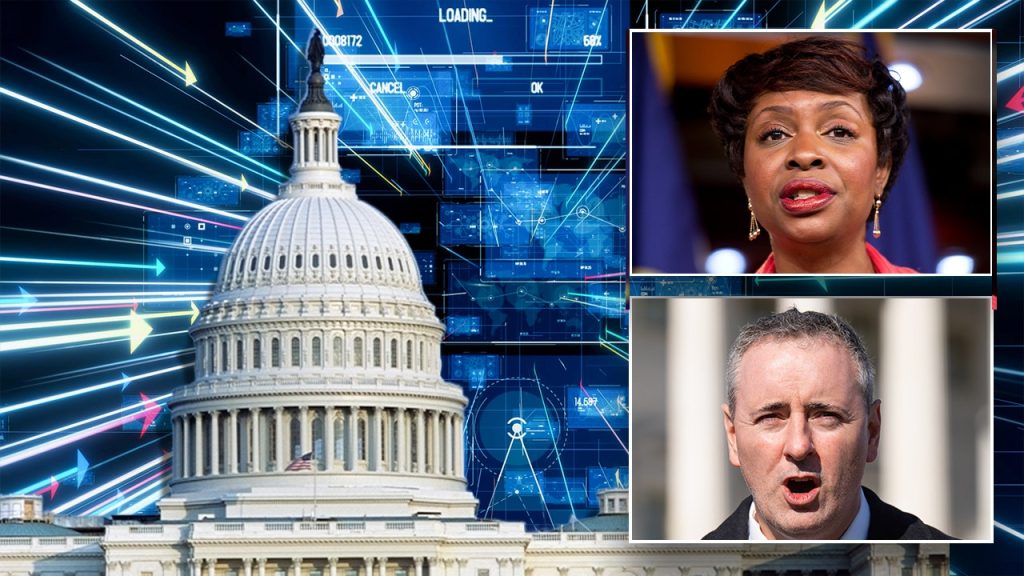Walter Prescher, a Methodist pastor in rural Texas and a three-time Army tour veteran in Iraq, is one of 23 million Americans who could lose a critical government subsidy for internet access when it expires at the end of May. The subsidy, part of the Affordable Connectivity Program (ACP), provides $30 to $75 per month to low-income households. Prescher, who has 12 grown children with nine still at home, used the subsidy for activities such as sports and band for his kids to help with the family budget. The ACP allowed his children to complete homework faster with reliable internet speeds. He also works with the nonprofit Easter Seals to help others sign up for the program, especially fellow veterans who rely on telehealth services for mental health issues.
A bipartisan group of lawmakers is working to extend the Affordable Connectivity Program through the end of the year with the Affordable Connectivity Program Extension Act. Representative Yvette Clarke, D-N.Y., is leading the effort with 206 House Democratic co-sponsors and 24 Republicans on board. The extension aims to provide more time for reforming and improving the program. Clarke emphasized the importance of the subsidy for economically burdened individuals, as it provides a lifeline for essential needs like feeding the family, purchasing medications, and traveling. The bill also seeks to address the increased cost of living in various areas and ensure that broadband access remains a necessity in today’s digital world.
Representative Brian Fitzpatrick, R-Pa., is another key supporter of the Affordable Connectivity Program Extension Act, highlighting the program’s importance to military veterans and individuals with mental health issues. He stressed that many veterans, including those with PTSD, rely on the program for access to telehealth services. Fitzpatrick urged more Republicans to support the bill, noting that letting the program expire would leave millions of Americans, including a million veterans, without crucial internet services. Both Fitzpatrick and Clarke expressed optimism about saving the program in time, with Fitzpatrick engaging with House GOP leadership in discussions about the bill.
The White House and the Federal Communications Commission (FCC) are actively lobbying Congress to extend funding for the Affordable Connectivity Program. Without congressional action, millions of Americans will see their internet bills go up or lose access to the internet by the end of May. The ACP has been instrumental in providing affordable internet access to households in need, allowing people to stay connected for online learning, job applications, telehealth services, and other essential activities. While the fate of the program remains uncertain, lawmakers like Clarke and Fitzpatrick are working across party lines to ensure its continuation and help those who rely on it for critical services.













